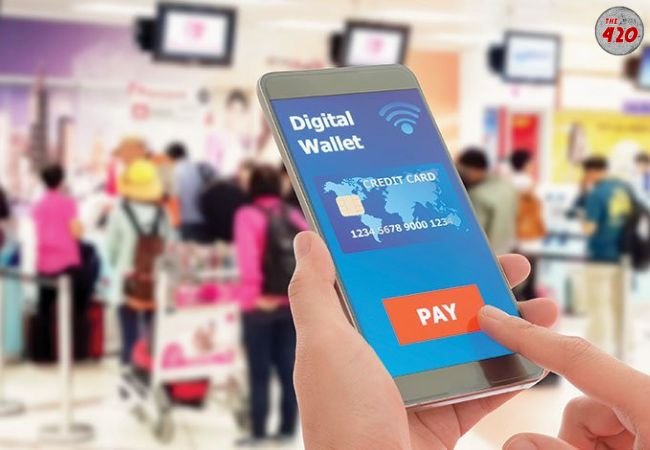KOLKATA: People who share their phone numbers at malls to win discount coupons or with “friends” they have only met on social media are more likely to fall victim to cyber fraud, says the police in India’s Kolkata as it launched a concerted crackdown against online crimes.
“Don’t share your phone numbers at random,” a senior Kolkata police officer advised people, in a caution against imposters and fraudulent calls.
Many brand representatives and store employees approach shoppers and seek their personal information when they are out shopping.
Many fill out forms and divulge information in the hopes of winning lucky draw prizes or obtaining a credit card. Several others register their information under the impression that it is required.
People should exercise extreme caution and discrimination when choosing to disclose their phone numbers in public, according to the police.
“People may ask you for information so they can enter you in a drawing or offer you a credit card with no interest, but you should keep in mind that disclosing personal information in public places only makes us more susceptible to cyber fraud,” the officer advised.
Similar to this, lots of people readily give their phone numbers to “friends” they make on social media but later discover them to be frauds.
One method fraudsters use to extort money is by making calls and asking for bank account information or send texts telling recipients they must pay their electricity bills immediately, according to the police.
“Fraudsters frequently use WhatsApp video calls, screenshots of the calls, and the replacement of the caller’s photo with that of a nude person to extort victims,” the officer said.
Officers at Kolkata’s Lalbazar reported an increase in “sextortion” cases over the past few weeks in the city.
“It’s similar to a honey trap. The fraudsters first use social media to become friends with their potential victims before attempting to start video calls via WhatsApp or social media messenger,” the officer said.
After the call is answered, screenshots of the conversation are taken to give the impression that the recipient was having an inappropriate conversation while the picture of the caller is changed to a nude image. The victim is then made to pay after being threatened with screenshots.
According to the police officer who has dealt with such cases, “The victims tend not to report such cases formally out of fear of embarrassment. Investigating the reported cases reveals that the victims engaged in video chats with acquaintances they had only previously met through social media. When discussing personal information, one should exercise discretion.”
Phone numbers posted in a public forum run the risk of being abused and are frequently obtained illegally by fraudsters engaged in various types of cybercrime.
One of the main causes of the explosion in cyber fraud, according to the officer, is the leakage of personal data.
ALSO READ: India Ranks 2nd In Cloud Hacking, Govt Most Targeted Industry By Ransomware
“Cyber frauds are caused by phone numbers that are either accidentally shared by the victim or obtained by fraudsters through well-organized networks operating on the Dark Web,” the officer said.
“We constantly work to raise awareness so that people are not duped into divulging their personal information,” the officer added.
Follow The420.in on
Telegram | Facebook | Twitter | LinkedIn | Instagram | YouTube


